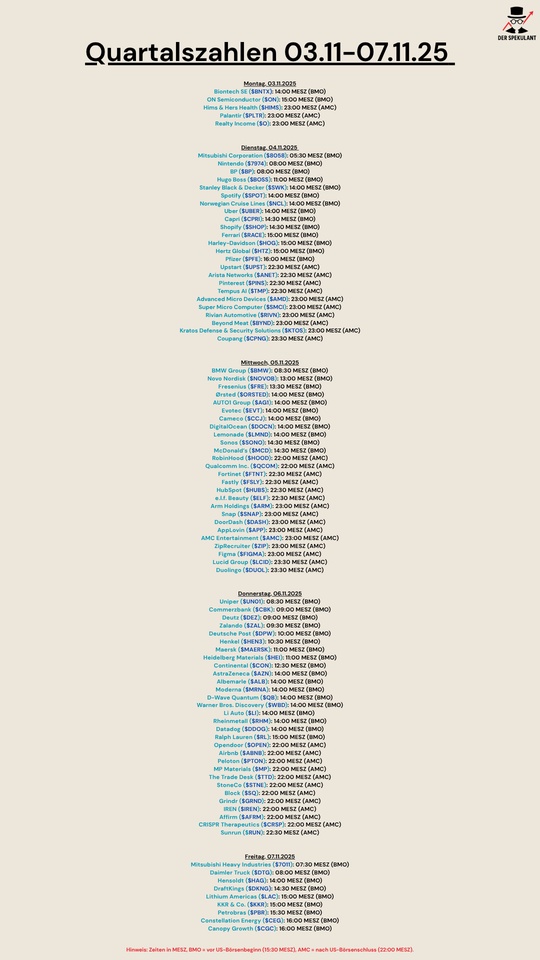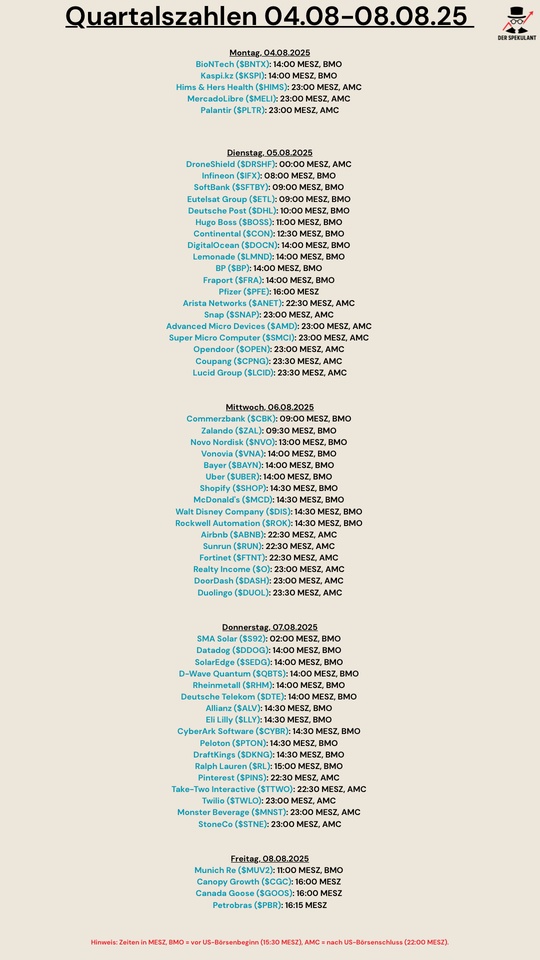After having invested before in $1COV (-0.05%) with the aim to be acquired by Adnoc/XRG and another investment in $ILTY Illimity Bank in Italy giving access to $IF (+0%) Banca IFIS with a 10% discount.
I'm now thinking to invest in further banking consolidation. Since there seems to be a wave of banking consolidations coming up both cross boarder and within individual European countries.
Italy shows:
$UCG (+1.24%) Unicredit stakebuilding in both $ALPHA (+3.04%) Alphabank & $CBK (+3.03%) Commerzbank and a failled attempt to acquire $BAMI (+0.71%) Banco BPM. We saw $BMPS (+2.82%) Monte dei Pachi acquire $MB (+3.57%) Mediobanca. $BPE (+0.21%) Bper Banca merge with $BPSO (+0.56%) and rumored to be on the wishlist of Unicredit.
Denmark is consolidating but could be still more ongoing:
A recent merger of $SYDB (+4.96%) Sydbank, Arbejdernes Landsbank & $VJBA Vestjysk Bank.
In Spain
We've seen a major but failed attempt to forget about the Spanish attempt of $BBVA (+0.41%) Banco Bilbao of $SAB (+0.58%) Banco Sabadell.
The Netherlands:
$ING (+0.81%) ING taking a substantial stake in $VLK (+1.52%) Van Lanschot Kempen.
$ABN (+0.79%) Doing several take overs in Germany and buying the trading app Bux and rumored to be bought themselves.
When thinking this through I see a potential for take over but, if it won't happen there is still good dividends to be earned. Therefore there is less of a need of a quick turn around.
I'm now looking for a "smaller" bank that traded and a likely take over candidate.
Where would you invest?
$BPE (+0.21%) - Bper Banca - Italy
$BAMI (+0.71%) - Banca BPM - Italy
$ABN (+0.79%) - ABN Amro Bank - Netherlands
$ALPHA (+3.04%) - Alpha Bank - Greece
$JYSK (+1.15%) - Jyske Bank - Denmark
$ALR (+0.42%) - Ailor Bank - Poland
Any other alternatives, or opinions about this idea, I'm happy to read!














